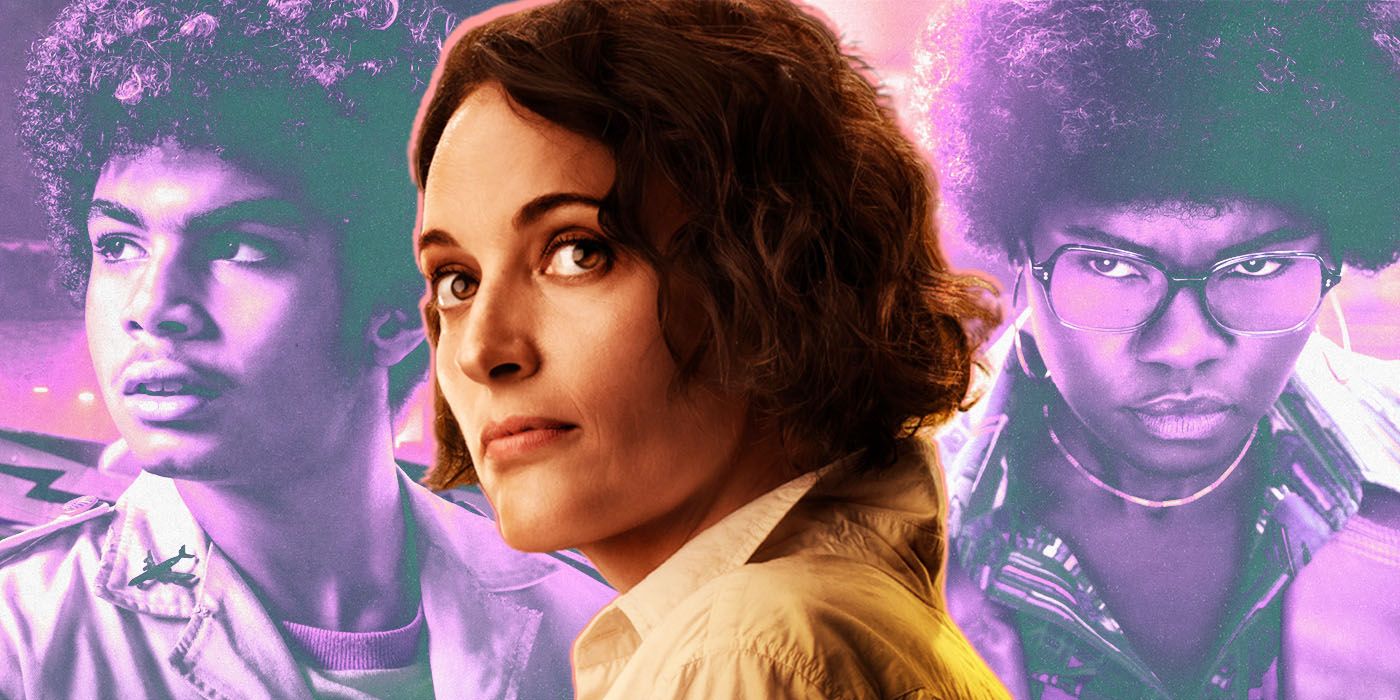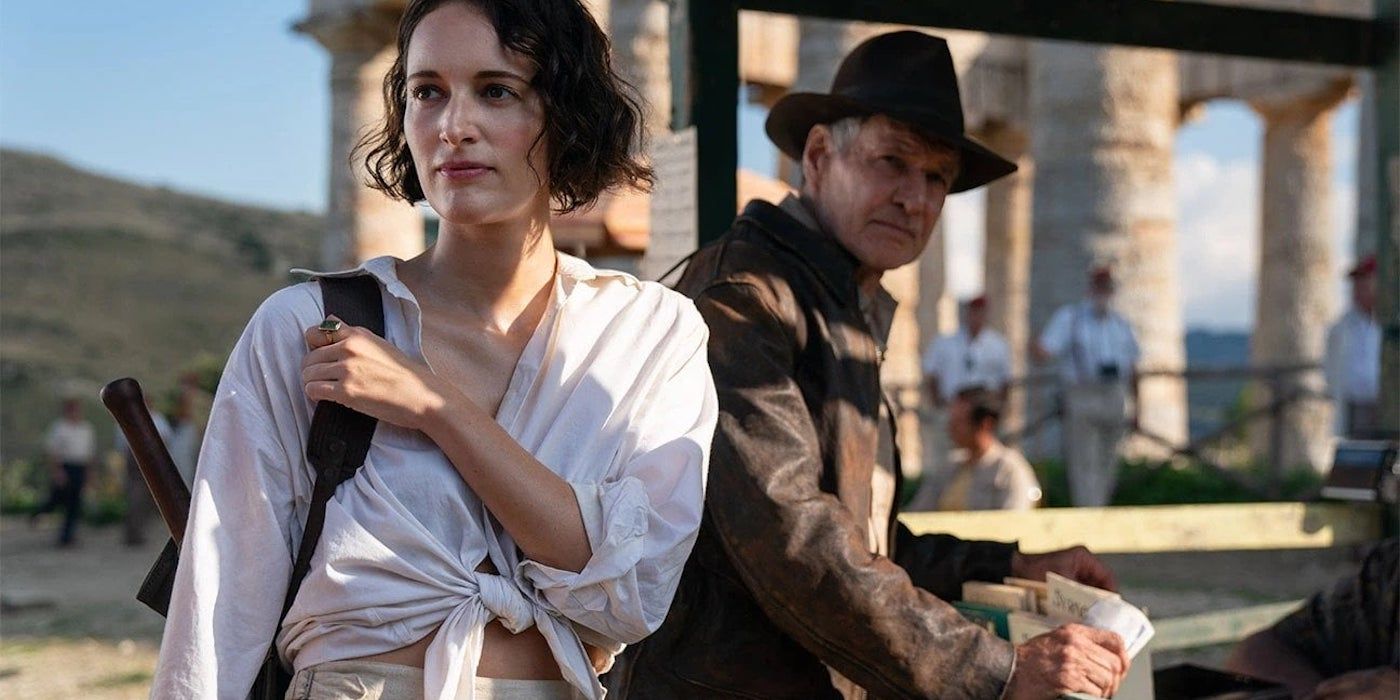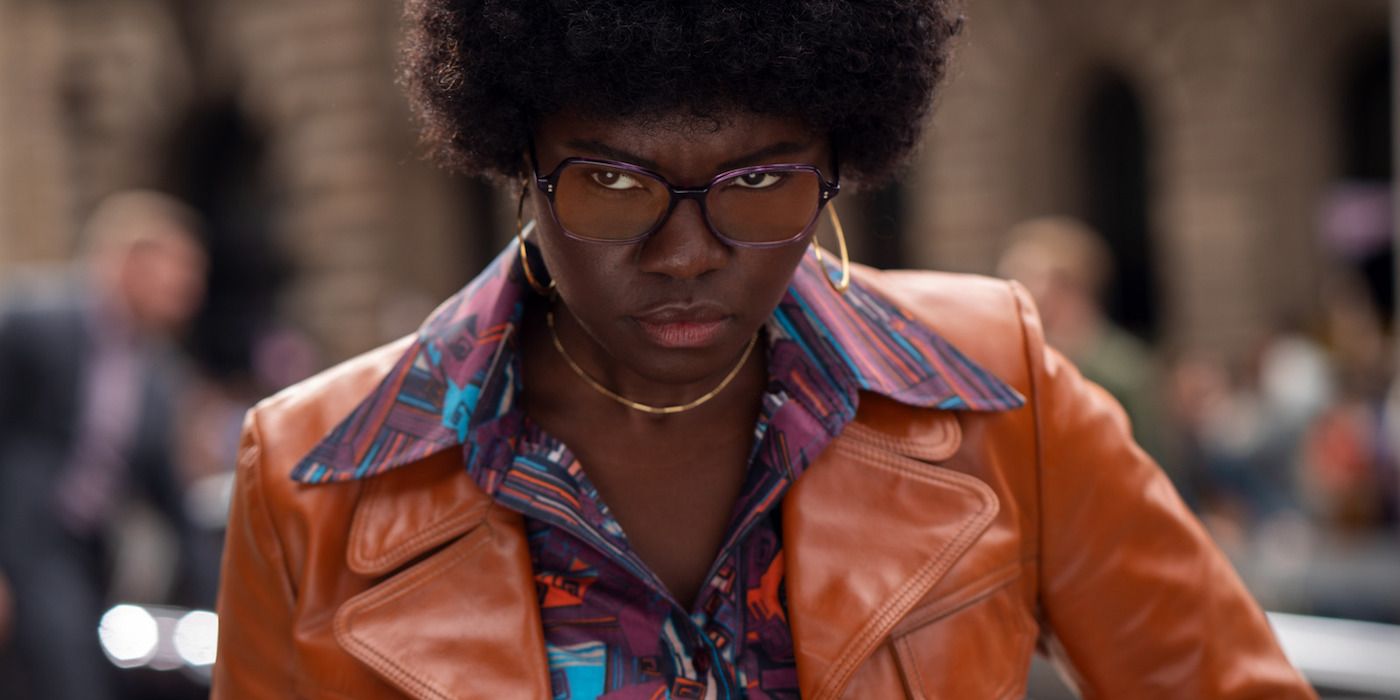The following contains spoilers for Indiana Jones and the Dial of Destiny, in theaters now.
It's no secret Hollywood has been very white-leaning since the Golden Age, which has seen the entertainment industry attempt to course-correct, both in front and behind the camera. In the Indiana Jones franchise, there were, for example, issues with racist depiction in The Temple of Doom. But as cinema evolved, calls have been made for genuine integration in terms of diversity representation.
Brands such as Lucasfilm and Disney are among the companies trying to improve diverse representation. It is for this reason Indiana Jones and the Dial of Destiny has fans eager to see Indy's goddaughter Helena Shaw step up as a swashbuckling feminist herione. Unfortunately, as the film tries to compensate for errors of old, it still possesses many issues with inclusivity that need to be addressed.
Indiana Jones 5 Makes Helena the Embodiment of Colonialism
In Dial of Destiny, Helena is depicted as wanting to help Indy heal after Mutt's death. Unfortunately, the good will behind Helena's writing is hurt by the fact she's a white English woman who steals relics to sell them on the black market. Worse yet, Helena is depicted taking joy in the illegal industry. This portrayal is in poor taste given the ongoing real-life campaigns by indigenous nations to have their treasures and relics returned to them across the Americas, Asia and Africa. With reparations being a big part of the collective conversation, it's weird to think Indiana Jones 5 would celebrate Helena as a thief who only cares to make a profit, and has no interest cultures or people she's stealing from.
The writing for Helena is a stark reminder of how colonialism continues to pervade society today, in this case, in the form of continued theft of ingidenous lands and artifacts by European nations and those of European descent. Had the film introduced Sallah's granddaughter as the new generation adventurer rather than making Helena up, this unfortunate message could have been avoided. It could have also felt more organic to the plot and Indy's past. More specifically, introducing Sallah's granddaughter could have done more to wipe away stigmas and stereotypes, while showing fans the franchise is willing to make meaningful change. It would have especially been more thoughtful for a minority to help Indy retire and usher in a new era.
Indiana Jones 5 Doesn't Respect Its Characters of Color
In addition to the writing for Helena, Dial of Destiny also treats its characters of color very poorly. It's understandable the movie is set in 1969, but there was still a chance to depict a more cosmopolitan world in an action-adventure film. Sadly, the one Black character in the film -- a female CIA agent named Mason -- is killed off by the Nazis after the CIA forces her to work with them. It's a harrowing arc, as she sees them murdering innocents, yet has to show restraint and muzzle herself.
Actor Shaunette Renée Wilson even had to ask about changing how her character would die in the movie, which still doesn't make it any better. In the decade that gave rise to the American Civil Rights movement, the movie still depicted its one Black character as a plot device for moving the story forward, and not as a character with agency. The film even doubles down on this by later having Nazis kill Antonio Banderas' Renaldo after helping Indy. The latter even has to remind Helena not to be happy about escaping because they lost a friend.
As for Teddy, the Moroccan boy who's Helena's sidekick, he's nothing more than a plot crutch to advance Indy and Helena's story. He elevates them as white saviors after he gets kidnapped by the villains. Worse is knowing the film could have easily depicted him as an adventurer taking charge of the hunt and the car chases, but is instead treated like an asset. This doesn't sit well considering how Short Round was shaped decades back. In a movie in which Nazis are the villains, Dial of Destiny ultimately makes people of color expendable secondary figures that fail to challenge harmful stereotypes.
Indiana Jones and the Dial of Destiny is in theaters now.



